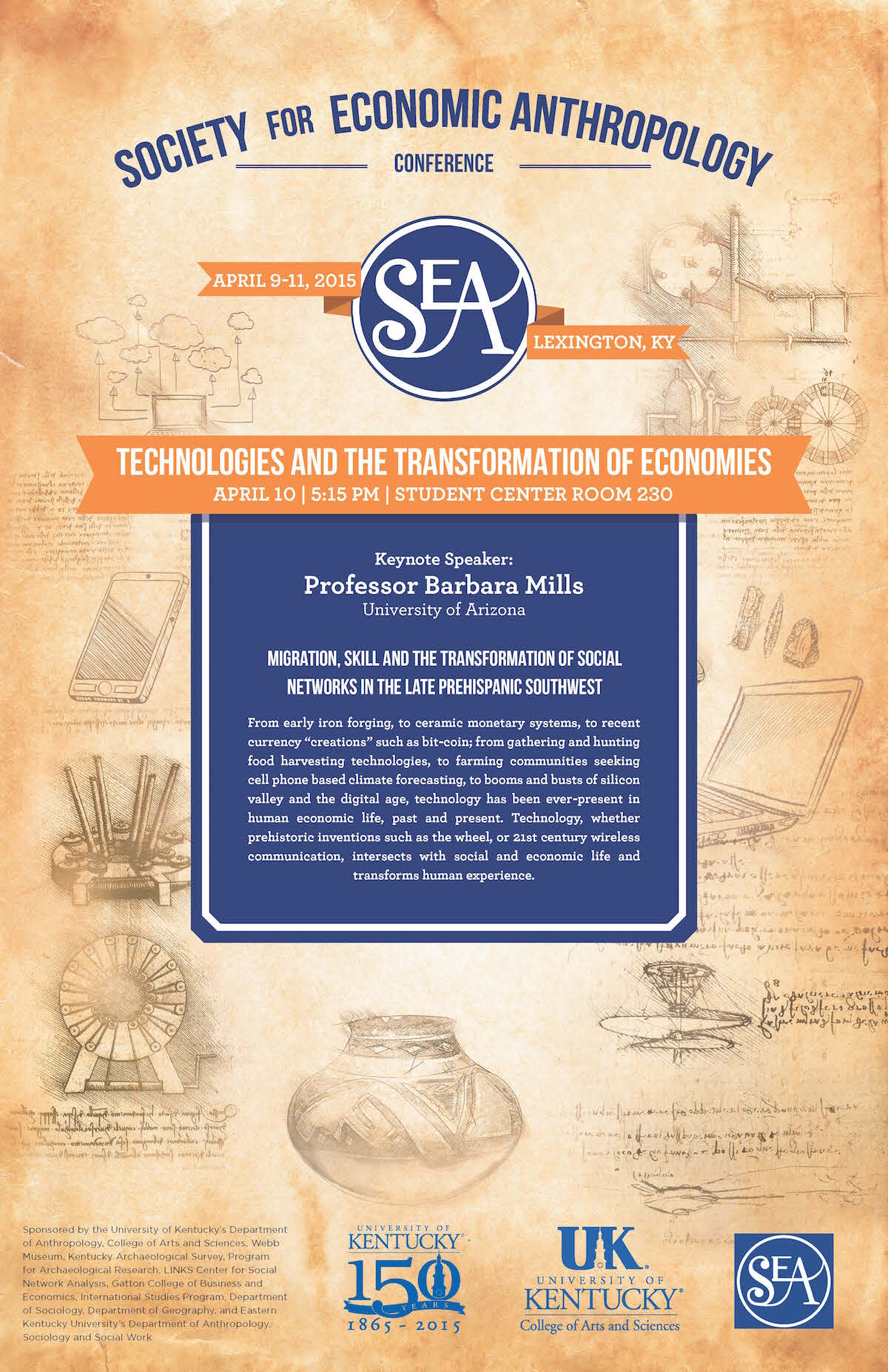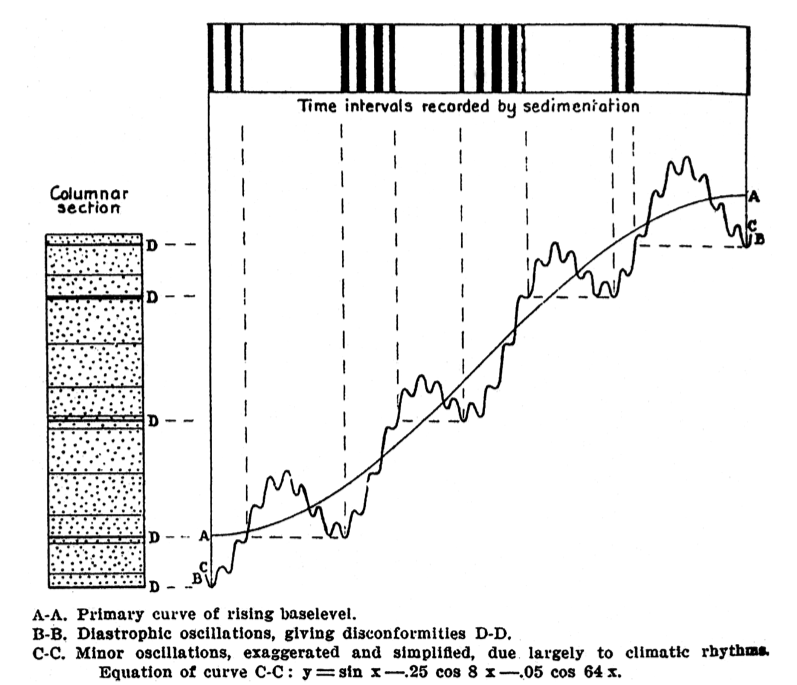Soil Erosion and Climate Change
A lot of us in the geoscience business are concerned these days with interpreting ongoing and past, and predicting future, responses of landforms, soils, and ecosystems to climate change. As one of my interests is rivers, I have noted over the years that in a lot of the literature on paleohydrology the major changes, such as major influxes of sediment, seem to occur at climate transitions, rather than after climate changes or shifts have had a chance to settle in and exert their impacts for awhile.
A related issue is the relationship between precipitation, temperature, runoff, erosion, and vegetation. As climate changes both temperature and precipitation regimes change. And as every physical geography student knows, moisture availability is not just about precipitation, but the balance between precipitation and evapotranspiration (ET). So, if both temperature and precipitation are increasing (as is the case on average on much of the planet now), whether available moisture increases or decreases depends on the relative increases of precipitation and ET.

Soil erosion on cropland.



